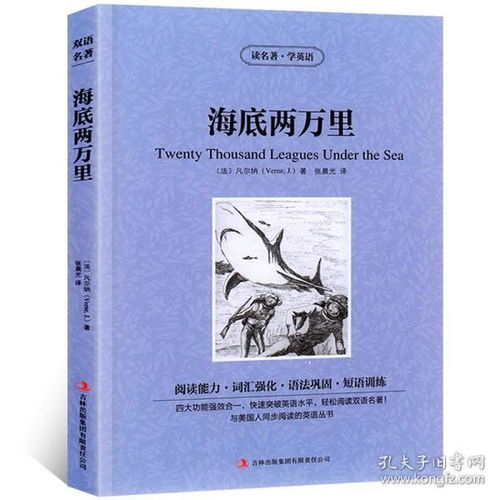Classic literature refers to the timeless and influential works of fiction, poetry, and drama that have stood the test of time and continue to be studied, read, and celebrated worldwide. These literary masterpieces, spanning various cultures and time periods, offer a rich tapestry of insights into the human condition, explore timeless themes, and have profoundly shaped the literary landscape.
Classic literary works possess a unique significance that transcends their time of creation. They often delve into universal themes such as love, loss, identity, morality, and the human experience. These timeless narratives and poetic expressions resonate with readers across generations, providing a window into the past while remaining relevant and thoughtprovoking in the present day.
Beyond their thematic significance, classic literary works are also renowned for their artistic merit, innovative narrative techniques, and masterful use of language. The enduring popularity and critical acclaim of these works attest to the enduring power of great storytelling and the artistry of literary giants.

Classic literature encompasses a diverse range of genres, each with its unique characteristics and contributions to the literary canon. Some of the most renowned classic literary genres include:
Classic novels, such as "Pride and Prejudice" by Jane Austen, "MobyDick" by Herman Melville, and "One Hundred Years of Solitude" by Gabriel García Márquez, offer immersive and captivating narratives that explore the depths of the human experience.
Classic poetry, including the works of William Shakespeare, T.S. Eliot, Emily Dickinson, and Walt Whitman, captivates readers with their lyrical beauty, metaphorical richness, and profound insights into the human condition.
Classic plays, such as "Hamlet" by Shakespeare, "Oedipus Rex" by Sophocles, and "A Doll's House" by Henrik Ibsen, explore complex themes and characters through the power of theatrical performance, offering a unique perspective on the human experience.
Classic literature continues to exert a profound influence on contemporary art, culture, and society. Many modern writers, filmmakers, and thinkers draw inspiration from the themes, characters, and narrative techniques found in classic works, creating a rich tapestry of intertextual connections.
Furthermore, the study and analysis of classic literature remain an integral part of academic curricula, fostering critical thinking, cultural awareness, and a deeper understanding of the human experience across time and space.
Engaging with classic literature can be a deeply rewarding experience. Whether through close reading, scholarly analysis, or simply immersing oneself in the captivating narratives, the exploration of classic literary works can broaden one's perspectives, challenge preconceptions, and provide a gateway to a deeper understanding of the human condition.
By embracing the richness and diversity of classic literature, readers can embark on a transformative journey, gaining insights, cultivating empathy, and ultimately discovering the timeless power of great storytelling.
版权声明:本文为 “四季百科网” 原创文章,转载请附上原文出处链接及本声明;

